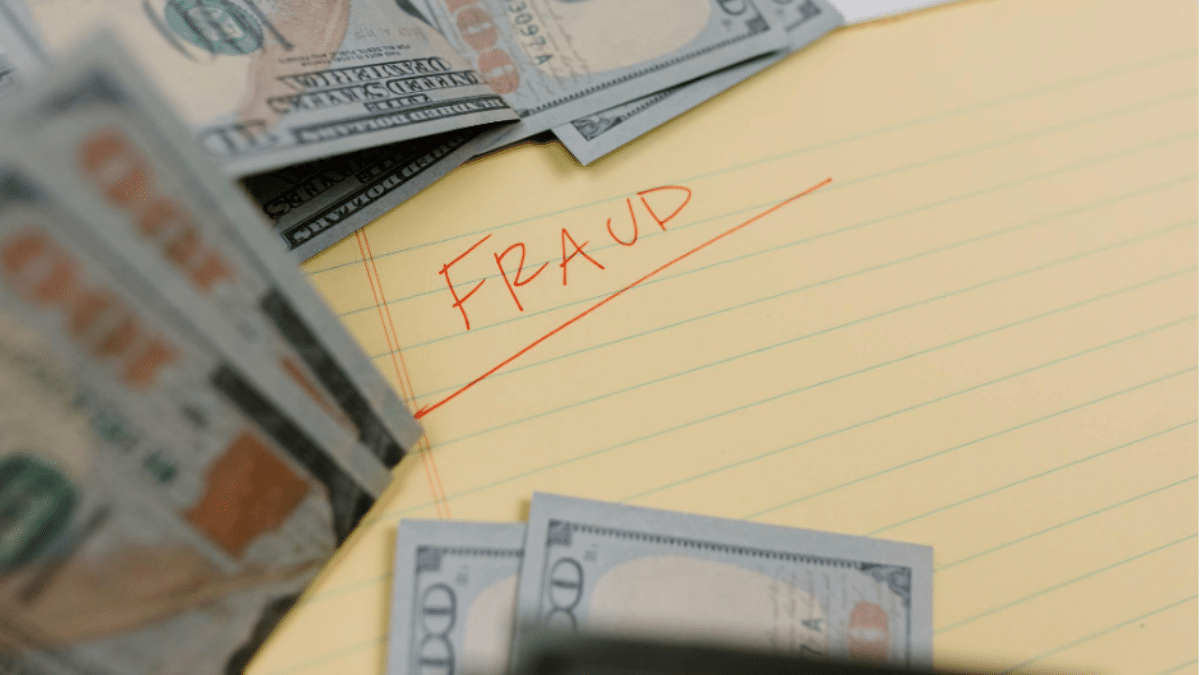Photo by Tara Winstead on Pexels.
Richard Schueler, sometimes known as Richard Heart, is a well-known crypto celebrity who has come under fire from the U.S. Securities and Exchange Commission (SEC). Heart is under intense judicial investigation after it was claimed that he raised more than $1 billion through unregistered cryptocurrency assets and indulged in luxury goods. The accusations relate to his company, Hex, PulseChain, and PulseX, and a shocking purchase of a 555-carat black diamond. The whole scope of these accusations and any potential ramifications make for a complex and engaging narrative.
Here’s what we know.
Contents
The Allegations Against Richard Heart
Richard Schueler, often known as Richard Heart to the general public, has established a solid online reputation for marketing cryptocurrencies. He is connected to Hex, PulseChain, and PulseX, three unincorporated businesses where he is said to have raised substantial sums of money. The SEC’s emphasis on Heart’s affiliation with these organizations shows how complicated the allegations are because they serve as the foundation for his alleged fraudulent operations.
The accusations against Heart cover many suspected unethical behaviour and fraudulent acts; they go beyond simple oversights. The SEC claims that Heart sold unregistered securities connected to his companies Hex, PulseChain, and PulseX to raise more than $1 billion directly from investors. As these tokens were neither registered nor exempt, this would be a major violation of federal securities laws.
Beyond the illegal sale, the SEC’s allegations focus on Heart’s extravagant personal spending with investor money, most notably his acquisition of the biggest black diamond in the world, “The Enigma”. This extravagant spending on designer products could be an egregious waste of investor money.
The alleged fraudulent operations of Heart involved multiple crypto projects rather than just one scheme. He started a marketing Hex in 2018 as the first high-yield “blockchain certificate of deposit”, attracting investors with claims of riches and a fast track to significant fortune. This offering alone raised over 2.3 million Ethereum (ETH) in less than a year. Heart is also charged with covertly using so-called “recycling” transactions to take over more Hex tokens.
He allegedly carried out two unregistered crypto asset security sales between July 2021 and March 2022, raising hundreds of millions more to create the PulseChain and PulseX networks. PLS and PLSX, two native tokens, were introduced with a promotion for a “staking” function that promised up to 38% profits. The SEC claims that Heart encouraged investors to “sacrifice” their cryptocurrency assets for these new tokens rather than legally registering the sales, further demonstrating its efforts to avoid securities laws.
Executives at Crypto Minded commented that these complex accusations of fraud and the sale of unregistered securities are very important because of the money at stake and the deliberate deception the SEC claims. The accusations against Heart might impact the entire cryptocurrency market, underscoring the pressing need for investor protection, compliance, and transparency in this quickly developing market.
Legal Charges Against Richard Heart
Following the allegations against Heart, the SEC charged him in the Eastern District of New York with three counts of securities fraud. The magnitude and seriousness of these allegations serve as a harsh reminder of the gravity of the regulatory environment and its effects on cryptocurrency marketers like Heart. In addition to the initial petition, the SEC requests civil fines, an injunction to prevent Heart and his businesses from breaking the law again, and other relief. Heart hasn’t spoken much in reaction to these legal actions, but what he has said is significant, and the recent deactivation of his Instagram account suggests that he may be acknowledging the gravity of the problem.
Impact on Crypto Market
The SEC’s legal steps against Heart had an immediate impact, with the HEX price plummeting after the news broke. This market response demonstrates the power of regulation and legal scrutiny to affect crypto values. The episode serves as a sobering lesson for buyers and market players, highlighting the value of vigilance and knowledge of the underlying dangers of unregistered securities and cryptocurrency offers. Additionally, it emphasizes the crucial part regulatory organizations like the SEC play in preserving market integrity and safeguarding investors from potential fraud and wrongdoing.
The claims made against Richard Heart by the SEC reflect the complex and dangerous environment of the cryptocurrency market, where multibillion-dollar schemes may coexist with luxuries like rare jewels. Heart’s case exposes the dangers of unregistered securities and fraudulent practices, a sharp reminder of the potential perils in this quickly changing business. It underlines how important regulatory organizations like the SEC protect market integrity and investor interests. The market’s swift response to the news highlights the link between investor confidence, legal compliance, and market stability. The verdict could establish precedents beyond Heart’s case as the legal proceedings continue.

